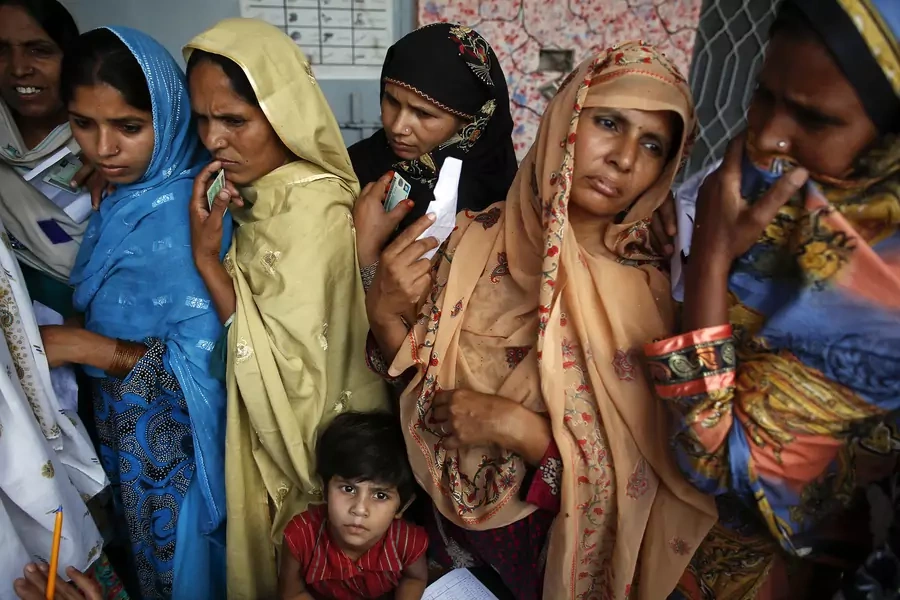Where are the Women in Pakistan’s elections this week?

Increasingly suspect and violent elections will determine Pakistan’s new government on Wednesday. And from the candidate ballot to voting rolls, women are missing.
Despite the fact that women in Pakistan won the right to vote in national elections in 1956, the nation places dead last globally on women’s participation in elections. “Pakistan has a 12.5 million voter difference between men and women, a ridiculously high gender gap,” says Lahore lawyer Saroop Ijaz of Human Rights Watch (HRW) Pakistan. “One reason for that is the requirement for Computer National Identity Card (CNIC) to be eligible to vote.” Even as traditional and religious barriers persist, it is lack of digital, legal identification that will keep most women from the polls this week — and prevent Pakistani women from achieving equality beyond election day.
More on:
More than 96 million residents and expat Pakistanis hold biometric, digital, and secure CNIC cards. Issued at the age of 18 and required to access more than 336 services from the government, it is a must-have for modern economic life, from applying for a business loan to obtaining a driver’s license — or voting. “Despite the significant increase in number of CNICs issued to women over the years and the remarkable female voter turnout in the General Elections in 2013, the gender gap in voter registration is still increasing,” says Aisha Mukhtar of U.N. Women Pakistan. “Mainly because a large number of women continue to remain deprived of their legal identity and cannot exercise their constitutional right to vote.”
Read the full article on Women in the World>>
More on:
 Online Store
Online Store